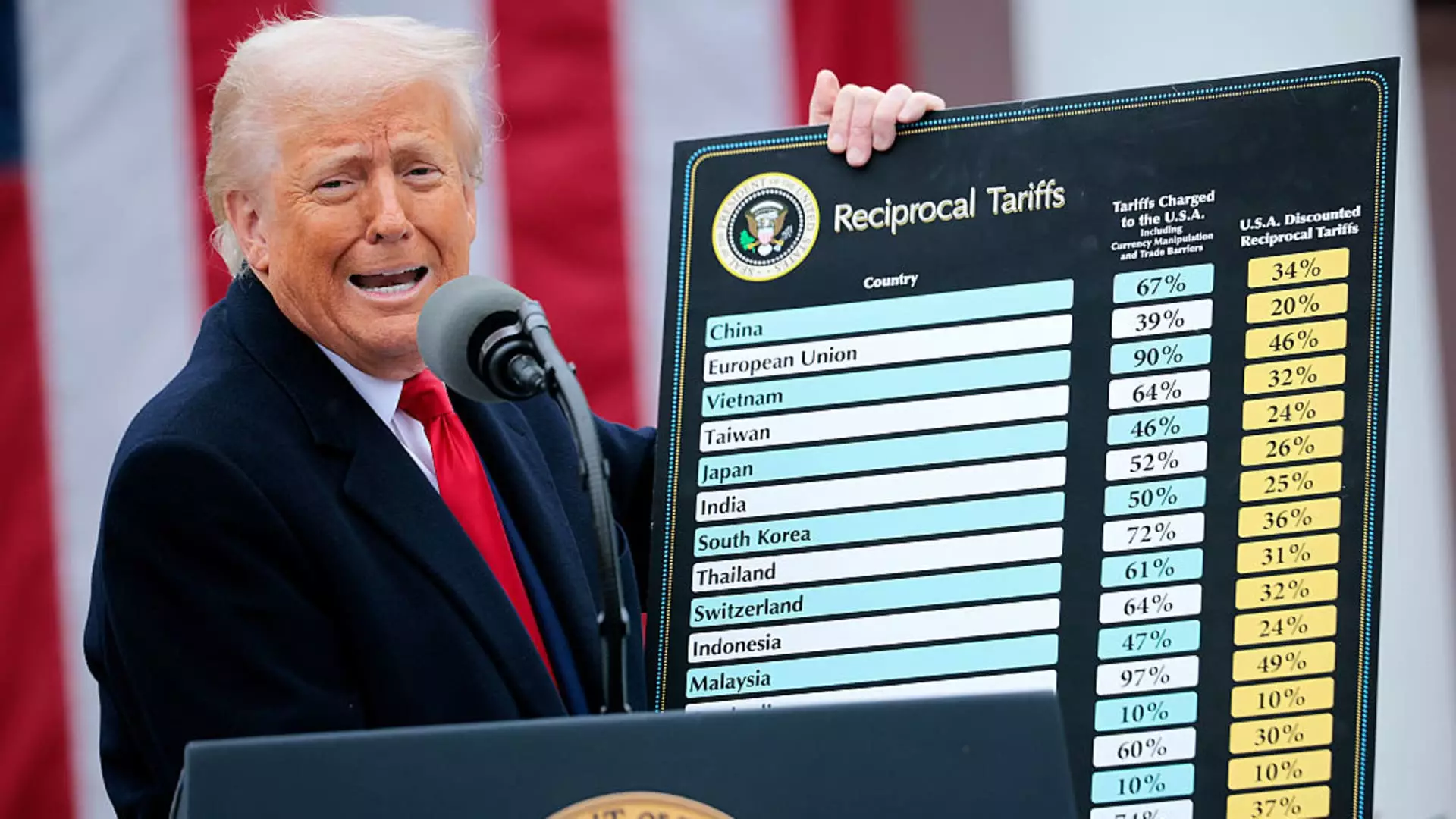In a landmark decision, a federal court has decisively rebuffed President Donald Trump’s authority to impose sweeping tariffs, a cornerstone initiative of his economic approach. This ruling reverberates beyond the mere financial mechanisms of trade; it highlights the troubling precedents that emerge when executive power is wielded without adequate legal backing. The court’s findings are clear and stark—the International Emergency Economic Powers Act (IEEPA), invoked by Trump, does not furnish the president with the necessary latitude to implement tariffs as a form of economic retaliation.
In its judgment, the court remarked that the tariffs, described as “Worldwide and Retaliatory Tariff Orders,” overstepped whatever limited authority the IEEPA offers. This not only sheds light on the questionable legality of Trump’s moves but also raises significant concerns about adherence to the rule of law. The judges pointed out that these tariffs fail to respond to any of the supposed threats cited by the administration, which ostensibly justified such punitive measures.
The Central Role of Businesses in the Litigation
The case was propelled forward by five U.S. businesses that depend on imports, effectively positioning themselves as senders of a clarion call for economic sanity against a backdrop of escalating trade tensions. This ruling is not merely a win for those involved in the lawsuit but emerges as a broader victory for American businesses that engage in international commerce. The judges emphasized that their decision to invalidate the tariffs was universal, indicating that the implications of this ruling extend far beyond the plaintiffs. It addresses the foundational issue of presidential overreach that could potentially harm all segments of the American economy.
To the administration’s credit—or perhaps its discredit—this legal defeat strikes at the heart of Trump’s economic philosophy, which often equates tariffs with patriotism. Yet, this ruling prompts a vital discourse about the real-world consequences of such policies. Businesses operate under the assumption of a fair market; the imposition of unilateral tariffs disrupts that foundation, leading to confusion and uncertainty, which, ironically, may undermine the economic growth the administration desperately claims to champion.
The Power Dynamics of Legal Resistance
What’s significant here is not just the ruling itself but the unfolding narrative of legal resistance to executive power. The fact that lawyers for the White House are left to consider the possibility of an appeal reveals the precariousness of the Trump administration’s legal footing. After months of pushing aggressive trade policies, the inability to substantiate these tariffs in court underscores a critical validation of checks and balances within the U.S. political system.
Moreover, the decision could serve as a wake-up call to an executive branch accustomed to bending rules to fit a broader agenda. In an era when the definitions of authority and legitimacy are constantly being tested, this ruling reminds us that even the most ardent proponents of populist policies are not above the law. It reinforces the notion that economic governance in a globalized world requires not just the assertion of power but credible legal justification.
This moment serves as a poignant junction in American politics, framing a discussion not just about economics but the essential character of American democracy and the imperative of accountability in leadership. The ongoing tug-of-war between the executive and the judiciary is a sobering reminder of what is at stake when ideology eclipses legal constitutionality.



Leave a Reply